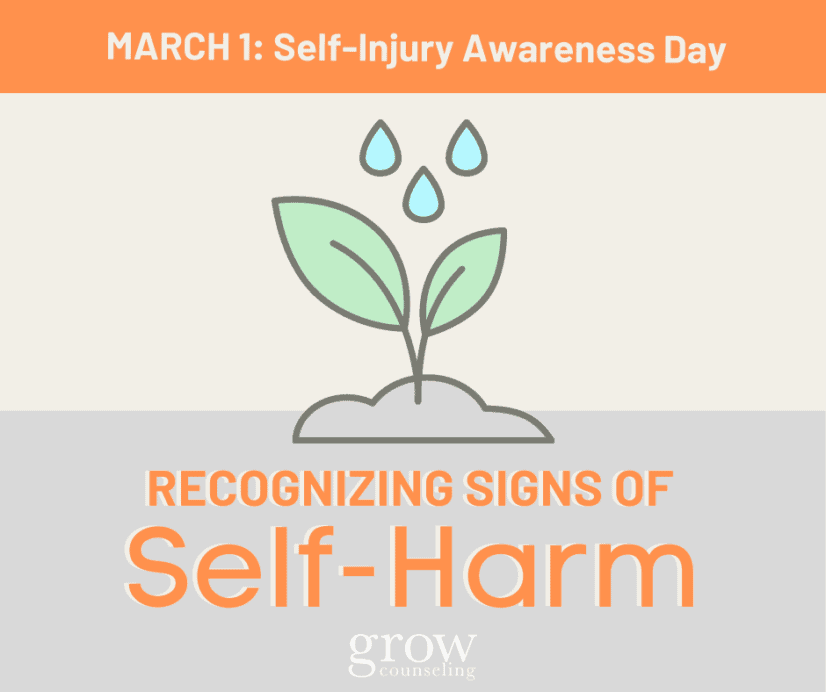For many of us, the COVID-19 pandemic means we are spending more time with our friends and family than ever before. While the debate rages over whether this is a blessing or a curse, most agree stress levels are higher than ever.
Stress brings a plethora of emotions, some which may seem never-ending and uncontrollable.
Coping with these overwhelming feelings may feel daunting. If unable to share or have emotional support for releasing them, some children, teens and adults will utilize self-harm as a way to deal with physically what is happening emotionally.
The question we hear most often from friends and family members regarding their loved one’s self injurious behavior is, “Why? Why are they doing this?”
While the core reasons are as individual as the person’s life perspective, there is a commonality among them. From an article by Jenelle Ringer of Loma Linda University Health, she quotes LCSW Glenn Scott with his explanation of why our co-workers, friends, or family members may choose self-harm:
“People who have self-injurious behavior deal with emotional pain they feel they can’t control by creating physical pain that they can control, Scott says. “It’s like if you’re stressed out with a building project, and you hit your thumb with the hammer — you’re not stressed out about the stress anymore,” he says. “That physical pain takes over, and focus shifts.”
– Jenelle Ringer
The shame and guilt that often accompany self-harming behaviors lead to cutting or harming in places easily hidden with clothing. Common areas are stomach, thighs, buttocks, under arms or shoulders.
If you suspect a loved one of hurting themselves, look for the following possible warning signs:
- Extreme emotions
- Becoming closed off or unreachable
- Expressing feelings of invalidation, depression, hopelessness
- Isolating (spending longer that needed in bathroom)
- Missing or broken pencil sharpener, knives or other sharp items in their bedroom/bathroom or used razors in the trash
- Unexplained bruising, bumps, welts, scratches, scars
- Feeling a lack of control or feeling they don’t have a voice
- Wearing long-sleeves (especially in the summer)
- Picking scabs or not allowing them to heal
Approaching someone you believe may be harming themselves can feel scary, helpless, or overwhelming. Remember the person is going to feel shame, and fear reproach.
Therefore, reaching out with love, care and non-judgment is crucial to earning their trust and honesty.
If you recognize this person needs help but may not be certain what to do:
- Stay calm.
- Ensure you are both safe.
- If injuries require medical attention, attend to those immediately.
- Be present, attentive, and listen.
- Support seeking professional mental health therapy.
If you or someone you know are suffering with self-harming behaviors, please reach out for professional help with GROW Counseling or another professional therapist.
If you, or someone you know, are having thoughts of suicide or life-ending events, please call 911 or 1-800-273-8255 (24 hour crisis line).
Written by: Allison Wray
March 1 is Self-Injury Awareness Day

